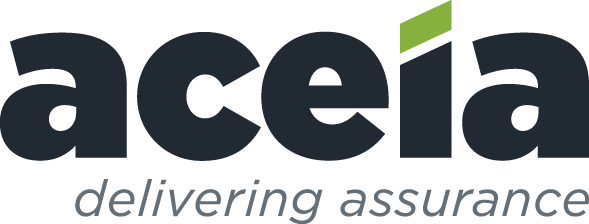In these short videos, our team provide you with their top internal audit tips as well as valuable business insights.
Our highly experienced team has over 50 years of combined internal audit experience – throughout the Asia Pacific region and across a wide range of industries.
Top internal audit tips for 2020
Internal audit is about knowing what you don’t know. By delving into the business, internal audit can confirm exactly what is and isn’t happening. It can determine whether the right people are in the right role, challenges are being met, opportunities and threats are being addressed, and strengths and weakness are being monitored.
So, for 2020, here are our top 3 tips:
- Invest in the right people to do the job.
- Challenge the way things are done.
- Know your competitors & the external environment.
For more internal audit top tips, contact us.
How does internal audit help management?
Often management will have a view of how they think the business is running, or should be running. One of the roles of internal audit is to get into the parts of the business and confirm exactly what is happening – which is quite often different to what that perception or understanding is.
If you get a clean bill of health about how a part of your business is running, then that’s a great outcome. It means it’s working exactly as it has been set up and planned to work.
However, if things aren’t going to plan and running how they’re meant to be, then the internal audit function is there to help identify where those controls and processes aren’t working. Internal audit will then work with the business to improve those processes and put in the key controls to manage risks around that process.
To find out how we can help you, contact us.
The benefits of implementing recommendations
When an internal audit project is carried out, there are often stages of pre-work, planning, scoping and field work, and this is generally followed up with a report.
Quite often the recommendations that come from a project take time for the business to implement and the real key is the change that happens over time.
These recommendations can result in savings and/or improvements in how things are done – making the business more efficient and effective.
To find out how we can help you implement your recommendations, contact us.
The importance of key controls
Businesses need to focus on what they do best which is to take calculated risks and run their organisations to achieve their goals. Internal audit is there to support that through providing objective assurance around the internal controls in the organisation.
To find out how we can help you with your internal controls, contact us.
How can I use Internal Audit in my organisation?
The internal audit function is a great way of finding out what you don’t know by reviewing processes, understanding the stakeholders, the risk in the process, and the controls. By speaking to the people in charge of these processes, you can determine whether things are working or not.
If your organisation doesn’t have an internal audit function, has not made any investment in assurance and internal audit work, make a start today with aceia.
Internal Audit Delivered Differently
There’s no one internal audit program that suits every company. Internal audit varies from one organisation to another based on their requirements and obligations to manage internal controls. Risks and controls are assessed and a tailored program is developed for implementation.
The Difference in Our Service – Responsibility & Accountability
At aceia, we provide our team members with the responsibility and accountability for the projects that they work on. This allows us to get the work done and be responsive to our customer’s needs as they change.
Internal Audit Challenges
One of the most challenging things for our customers, when they consider outsourcing internal audit to us, is taking that leap of faith. Entrusting an outside service provider with sensitive information is a challenge and a risk.
At an operational level, it is also challenging for staff to have an outsider make an assessment of how they do things and then make recommendations on improving these processes.
Developing An Internal Audit Framework
In this video, Peter Francis, our Managing Director, discusses how we assist businesses in developing an internal audit framework.
The Value of Internal Audit
Peter & Jhu discuss the value of internal audit to a company. An internal audit project encompasses the stages of pre-work, planning & scoping, fieldwork and report writing. However, an internal auditors role doesn’t stop there. Recommendations are also monitored for implementation – which happens over time. Internal audit, in some cases, can provide immediate tangible benefits to businesses in terms of cost savings, identifying revenue leakage or risk exposure, or preventing an incident from occurring. However, there are also intangible benefits that are not easy to quantify or measure (such as more effective and efficient processes) that the company will see the benefit of over time.
Key Internal Audit Controls
Peter and Jhu discuss how internal audit supports businesses through providing objective assurance around the internal controls in the organisation. Key controls are important as they ensure the process doesn’t fall over and cause exposure to the organisation.
Internal Audit Triggers
Peter and Jhu highlight the different triggers for internal audit – including incidents or issues that need to be looked at or investigated, and forward thinking approaches. Jhu also discusses red flags and what these are.
Internal Audit Approach & Challenges For Customers
Peter and Jhu discuss why the approach to internal audit differs between companies and industries and the challenges that customers can face when deciding to engage an external internal audit service provider.

